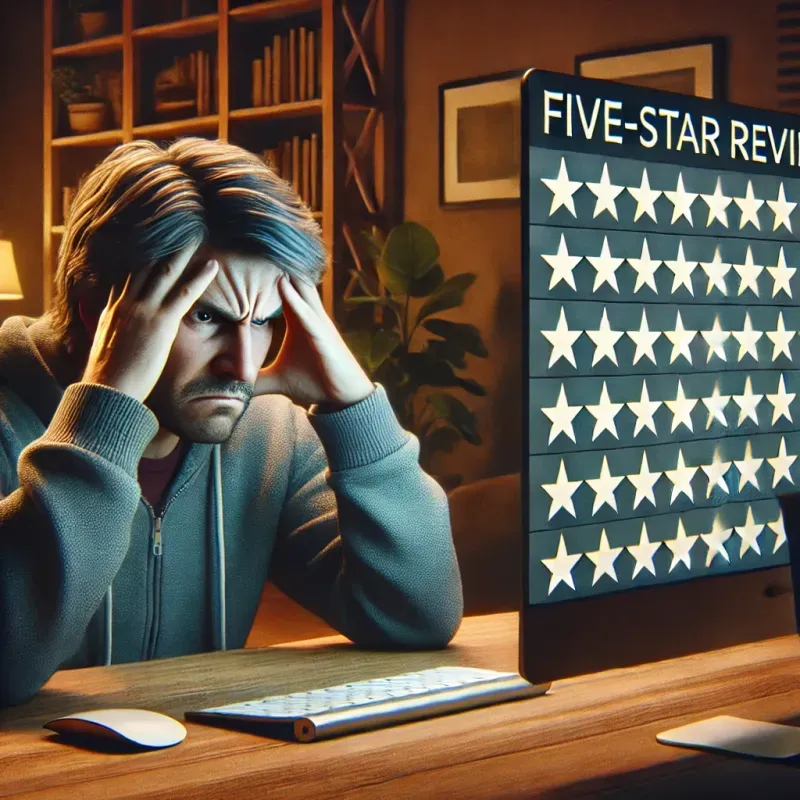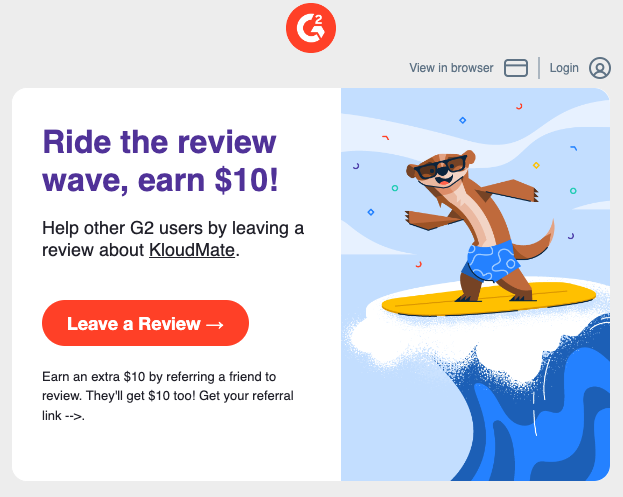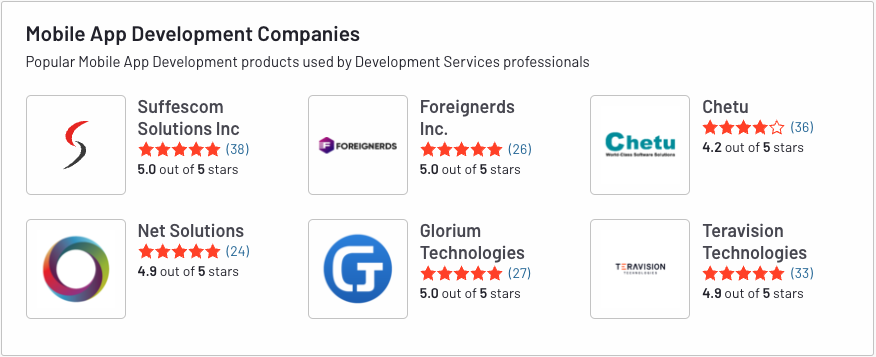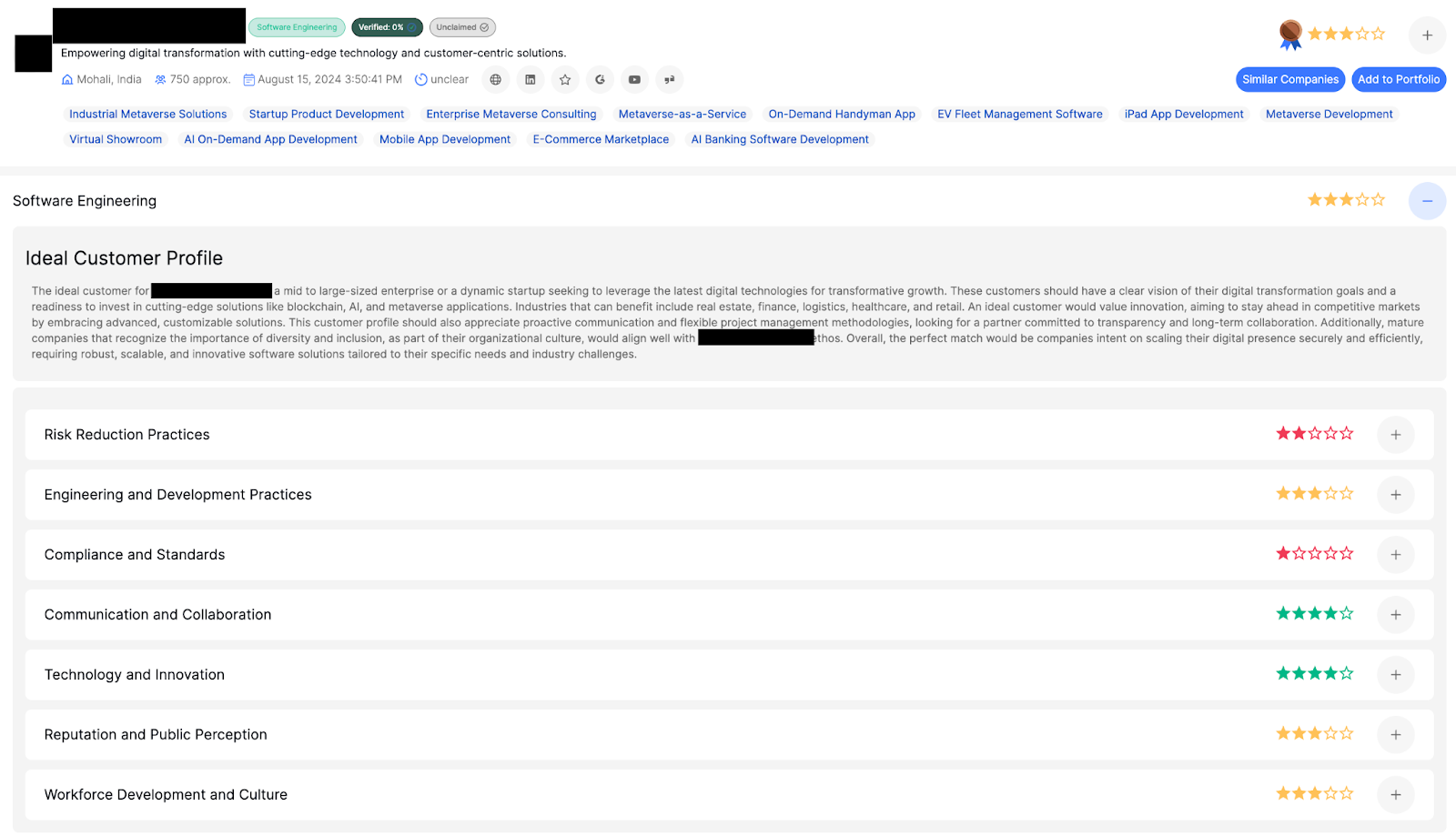
Penny for Your Thoughts: The Dangers of Review-Based Decision Making
By Zack Walmer on 8/15/2024
- review farms
- unbiased reviews
- professional services
The Dangers of Review-Based Decision Making
In this article you will learn
- The shocking truth behind 5-star reviews: Are you being fooled by “review farms”?
- Pay-to-play: How review sites are rigging the game against you.
- Why trusting online reviews for B2B partners could sink your business.
Introduction
Have you ever thought to yourself:
“How is it possible that over 10,000 people have rated this (insert product or service) five stars? How in the heck am I supposed to make a decision with this?”
Us too. Let’s explore the problems with customer reviews, their impact, and what you can do to make better decisions—especially when it comes to choosing critical B2B professional services partners.
As a society, we’ve historically relied on the opinions of others in all facets of life—from choosing romantic partners to deciding which toaster to buy. With more of these decisions being made online, the volume of opinions and reviews has exploded. In the early internet days, reviews were helpful: real people shared real experiences about products.
But today, the game has changed. What was once a reliable transfer of trust has become a manipulative tool for marketing.
What’s wrong with reviews?
To illustrate, an Amazon search for a toaster yields the following top three results:

[Figure 1: Manipulated Search Results]
Key question: Are these ratings helping anyone anymore? Out of the three:
- Two are “sponsored” (paid promotion conflated with top results).
- All three have over 15,000 reviews and average 4+ stars.
Does this smell fishy to anyone else? Did fifteen thousand humans genuinely care enough about a $16 toaster to leave thoughtful reviews? Doubtful.
This reveals core issues we’ll explore:
- The reliability of reviews in the age of review farms.
- The impact of pay-for-promotion practices.
- Selection bias in reviews.
The impact on professional services vendor selection
Let’s take these issues into the realm of professional services (proserv):
1. The rise of review farms
Businesses eager to appear well-liked online now turn to review farms. These click, bot, and content farms (often in emerging economies) generate fake reviews and boost reputations—whether it’s for toasters or professional services.
Sites like G2, TrustPilot, and others are not immune. Companies pay these farms to create false reviews, tarnishing trust across industries.
2. Pay for promotion
The “sponsored” issue from toasters is rampant in proserv. Review sites often prioritize visibility based on paid plans. This undermines smaller players and newcomers who might offer superior solutions but lack the capital to compete in the pay-to-play ecosystem.
3. Pay for reviews
Review sites thrive on volume. But how reviews are sourced matters:
- Click farms create fake reviews.
- Paid reviews incentivize biased feedback (satisfied users are overrepresented).
While sites claim to enforce content moderation policies (e.g., FTC guidelines), data shows most reviews skew heavily towards 4+ stars.

[Figure 2: Review Farm in Action]

[Figure 3: Pay for Reviews]
How Can We Solve It?
This is where we believe that AI can serve a valuable role as an unbiased aggregator and analyzer of all the public data points on a given company. We built sc0red to contend with just this challenge. Similar to gold standard rating guides such as Consumer Reports, The Wirecutter, and The Michelin Guide, sc0red uses rating criteria from industry veterans, scaled with the power of AI, to provide helpful, clear, and evidence-based ratings.
How sc0red Works:
-
Identifying Key Questions
Experts in each field identify the key assessment questions to evaluate different types of providers. For instance, 30-40 critical questions about software engineering firms. -
Data Collection Using AI
Advanced AI scans the internet for over 1,000 data points to answer each question, whether the answer is good, bad, or unclear. -
Clear, Unbiased Presentation
Answers are displayed as simple, unbiased information, with sources provided for each question. -
Integrity of Ratings
- Service providers are never asked to pay for increased visibility.
- Ratings are only increased based on verified proof of capabilities.
A Comparison: Review Sites vs. sc0red
Example: Top Mobile App Development Companies on G2.com

Figure 4: Top mobile app providers from G2.com
One of the top providers on G2.com shows a perfect 5-star score based on reviews. However, when asked, “What do you dislike about the company?”, common responses include:
- “There is not a single point that I can suggest to improve; they already provide top-class services.”
- “I really don’t have any dislikes about them.”
- “Based on my experience, there is not a single negative point about their work.”
While these reviews are nice, they don’t provide actionable insights for a service seeker.
What Does sc0red Say?

Figure 5: sc0red Review of a Top G2 Pick
While the provider receives a respectable 3 out of 5 stars on sc0red, the assessment highlights specific areas for deeper consideration. This approach provides valuable insights into potential blind spots that might be overlooked in overly positive, biased reviews.
Conclusion
We are in an epidemic of fictitious and misleading review data, forcing service seekers to find alternative ways to select partners for critical projects. These decisions are far more consequential than choosing the right toaster; they determine whether a partner will enable business growth or threaten its viability.
Today’s review sites have become “advocates for hire” rather than unbiased guides to help you find your best-fit professional services partner. We need a better way to sort the wheat from the chaff, the sheep from the goats, or the raisins from the bran.
We hope you give sc0red a try and drive progress through partnerships.
Sources:
Make better decisions with sc0red
Get immediate, clear, unbiased ratings for professional services partners.